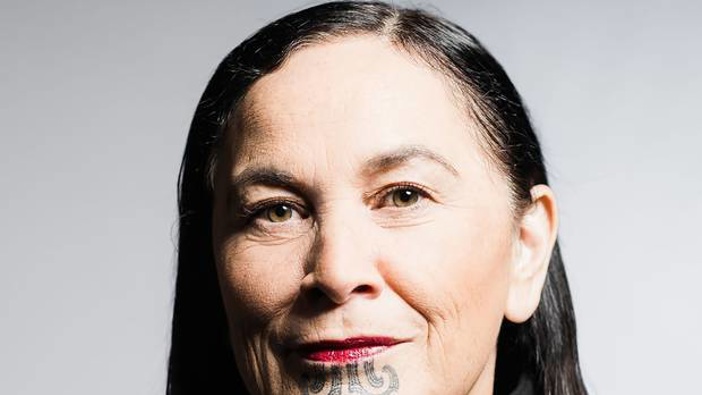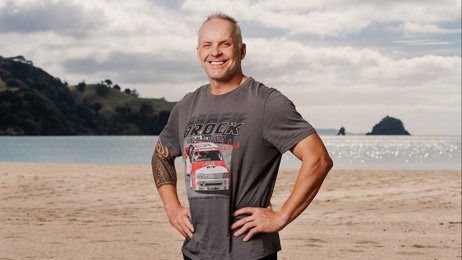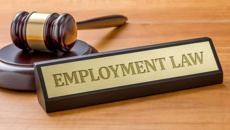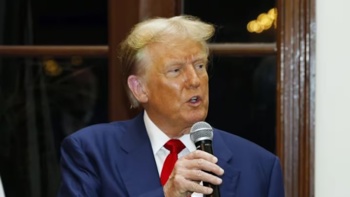Follow
the podcast on

The Māori Party wants to ban schools from expelling any students under age 16.
The party's radical education policy, released today, also asks for 25 per cent of the $17 billion education budget to be spent on "Maori models of delivery", and for all primary schools to teach half their content in te reo Māori by the end of this decade.
Co-leader Debbie Ngarewa-Packer, the chief executive of South Taranaki iwi Ngāti Ruanui, says iwi are ready to work with schools on new models that suit Māori children, but need funding to do it.
"We want to create a pathway to training and employment that is about connecting with the various communities around you."
The party notes that 51 per cent of students excluded from schools before age 16 are Māori, 51 per cent of prisoners were excluded from schools as children, and 52 per cent of prisoners are Māori.
"We would remove the ability for schools to expel students who are below the school leaving age of 16," it says.
"Students with behavioural issues need wraparound support, and those who are using drugs need health interventions. Excluding children from school does irreparable harm."
Children under 16 cannot legally be "expelled" from education because schooling under 16 is compulsory. Instead, a school can "exclude" a student, but the Ministry of Education must then find another school to take the student in.
But Ngarewa-Packer said the process often doesn't work, and excluded students "get tucked away in programmes and units that don't last and they end up being out on the street".
"That rangatahi typically becomes part of a whakamā system - they fail," she said.
"That can be anger, it can be drugs, it can be violence. They move into gangs, and then into prisons.
"So we want to put wraparound support at the beginning and not ignore the problems. If someone has been excluded because they use alcohol or drugs, or there is violence in the home, we want counselling for that. What we see on the ground is there isn't any."
Exclusion from school under age 16 is very rare - only 1.6 out of every 1000 students in NZ schools last year.
But the rate for Māori is 3.2 for every 1000 students. It's 4.0 for Māori boys and 2.4 for Māori girls, compared with 1.8 for European boys and 0.4 for European girls.
Only a quarter (24 per cent) of NZ school students are Māori, but Māori make up 42.5 per cent of all students who are stood down, 49 per cent of suspensions and 51 per cent of exclusions.
The Māori Party's proposal to spend 25 per cent of the education budget on "Māori models of delivery and pastoral care" is part of a broader policy which also calls for spending 25 per cent of the Covid-19 recovery budget on projects to support Māori.
Ngarewa-Packer said students needed to learn Māori martial arts and connections with nature.
"A Māori model of learning in a wānanga is completely different from sitting at a desk, being told what to do, looking at a board and reading," she said.
Māori Party co-leaders John Tamihere and Debbie Ngarewa-Packer called in June for 25 per cent of Covid-19 recovery spending top go into projects for Māori. Photo / Erica Sinclair
"A lot of Māori learning is experiential learning. I am an iwi CEO down here, we have some huge deficit statistics, and the way we turn it around is to work with the schools that allow us to bring about a Māori model of learning."
She said Ngāti Ruanui worked with about 10 Taranaki high schools, but they were under-resourced.
"The goodwill is there but they are barely surviving," she said. "We want communities and iwi to be able to work with the schools and help strengthen cultural identity and help with a richer education that recognises who we are and tangata whenua learning requirements."
The party also proposes to:
- Make te reo Māori and Māori history core subjects in primary schools and up to Year 10.
- Increase funding for programmes that educate teachers about Māori students and their culture.
- Require schools to work with mana whenua to implement localised learning of local histories and kaupapa.
- Require primary schools to incorporate te reo Māori in 15 per cent of their teaching by 2023, 25 per cent by 2026 and 50 per cent by 2030.
- Make "a basic competency level of te reo Māori" compulsory for primary teacher registration, and pay teachers more for higher competency in te reo.
- Require all schools to have Māori people in their senior leadership teams.
- Fund schools to hire Māori support staff and pay people to lead cultural programmes such as kapa haka, taiaha, raranga and running school-based marae.
- Fund free digital devices and internet for all children in Years 4 to 13.
- Boost funding for kōhanga reo and recognise their teacher training as equivalent to Western teacher training.
- Fund all Māori-language education equally to English-language education.
- Establish a $200m fund to drive whānau, hapū and iwi education and training initiatives including new hapū-based wānanga.
- Double the number of Māori and Pacific trades training places and permanently scrap apprenticeship course fees
Take your Radio, Podcasts and Music with you









